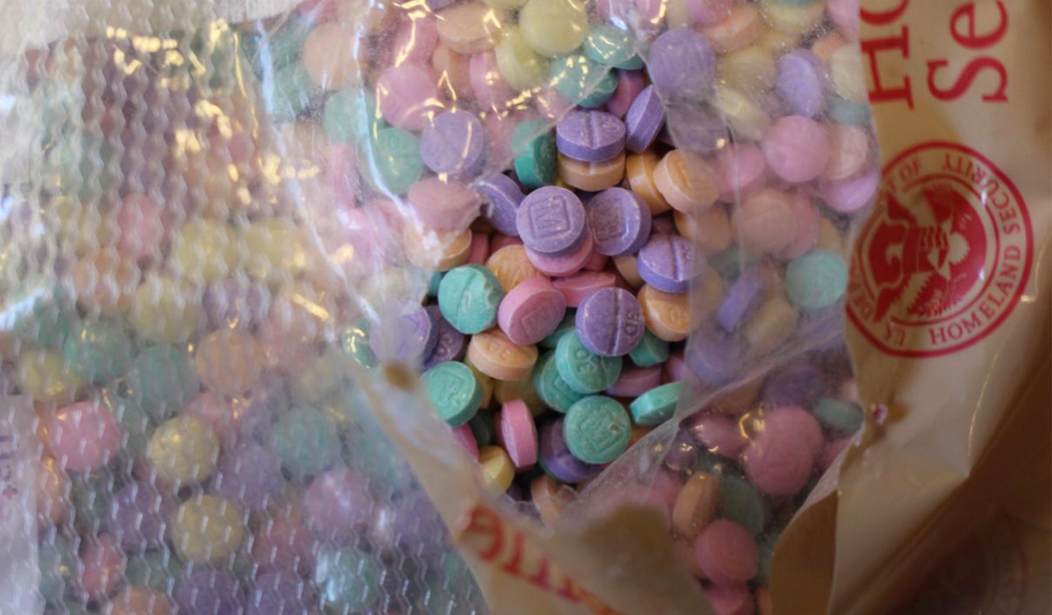Gov. Tina Kotek (D-Ore.), Multnomah County Chair Jessica Vega Pederson, and Portland, Ore., Mayor Ted Wheeler all made 90-day emergency declarations for the city of Portland to address the fentanyl crisis that is sweeping the downtown area.
“We cannot underestimate the tremendous value of bringing leaders from different disciplines in a room on a daily basis who all account for a different part of the solution,” Wheeler said in a statement.
The emergency declarations "commit available resources" to a unified response to “address the public health and public safety crisis driven by fentanyl in Portland’s Central City," according to the Associated Press.
“Our country and our state have never seen a drug this deadly and addictive, and all are grappling with how to respond,” Kotek said. “The Chair, the Mayor and I recognize the need to act with urgency and unity across our public health and community safety systems to make a dent in this crisis. We are all in this together. The next 90 days will yield unprecedented collaboration and focused resources targeting fentanyl and provide a roadmap for next steps.”
The Governor’s Office says a command center will be set up in central city where State, City and County employees will meet to coordinate strategies and response efforts.
Multnomah County says it intends to work to prevent exposure and use of fentanyl; reduce harm among people using substances; and increase access to outreach, treatment, recovery, and housing services.
During the 90 days, the Health Department will also launch two public education campaigns on fentanyl.
The City of Portland says it will deploy public safety, addiction and public health services, crisis response, and other resources and services to those impacted by the fentanyl crisis.
"Harm reduction" means that the city, state, and county will all facilitate "safe" fentanyl use by making sure users ingest non-lethal doses of product that are not dangerous.
If you just want to reduce overdose deaths, it's a good plan. It's worked in other cities. The problem is that it does absolutely nothing to address the problem.
And the rest of Portland's plan is even more useless.
People addicted to fentanyl who interact with first responders in Portland’s downtown in the next 90 days will be triaged by this new command center. Staff can connect people with various resources from a bed in a drug treatment center to meeting with a behavioral health clinician to help with registering for food stamps.
Trying to get users into clinics is a noble goal, but unless the user has committed to ending their addiction, it's a waste of time. Beds in clinics are at a premium, and what history has shown with these intervention programs is that only voluntary commitment has a chance of succeeding.
Even then, 90% of fentanyl addicts become readdicted in two years.
Fentanyl might be the one drug where interdiction at the border could be a viable solution. But it would be an uphill climb to even make a dent in the fentanyl pipeline without the help of countries like Mexico, China, and South American nations who are heavily engaged in fentanyl trafficking.










Join the conversation as a VIP Member